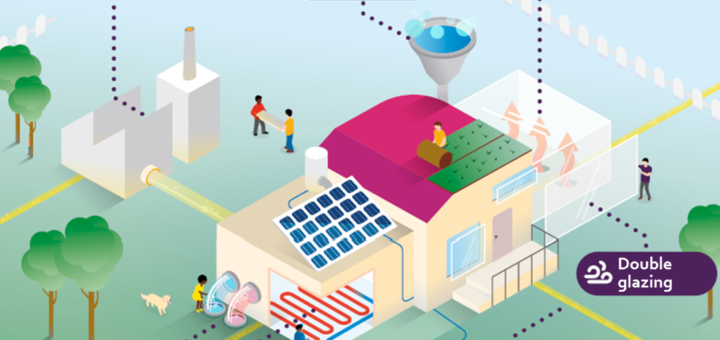About 96% of all households in the Netherlands are heated using natural gas and is still the European Union’s largest natural gas producer. The demand for heat will have to be filled in another way than using natural gas and lot of existing buildings will need to be retrofitted. The transition will also have huge social implications, as it will affect the houses of seven million households in the Netherlands.
PUBLENEF
Project details
- Project title: “Support Public Authorities for Implementing Energy Efficiency Policies” (PUBLENEF)
- Funding scheme: European Union Horizon 2020 Programme (EU H2020, grant agreement no. 695923)
- Duration: 3 years (1 February 2016 – 31 January 2019)
- Project coordinator: JIN Climate and Sustainability, Groningen, Netherlands
- Project website: www.publenef-project.eu
2 articles
Sort by
An assessment of national, regional, and local needs for the implementation and improvement of energy efficiency policies in the EU was conducted regarding policymakers’ needs were identified and analysed to help Member States to implement useful and successful sustainable energy policies. A SWOT analysis was conducted for experiences in the development and implementation of energy efficiency policies at regional and local levels.



